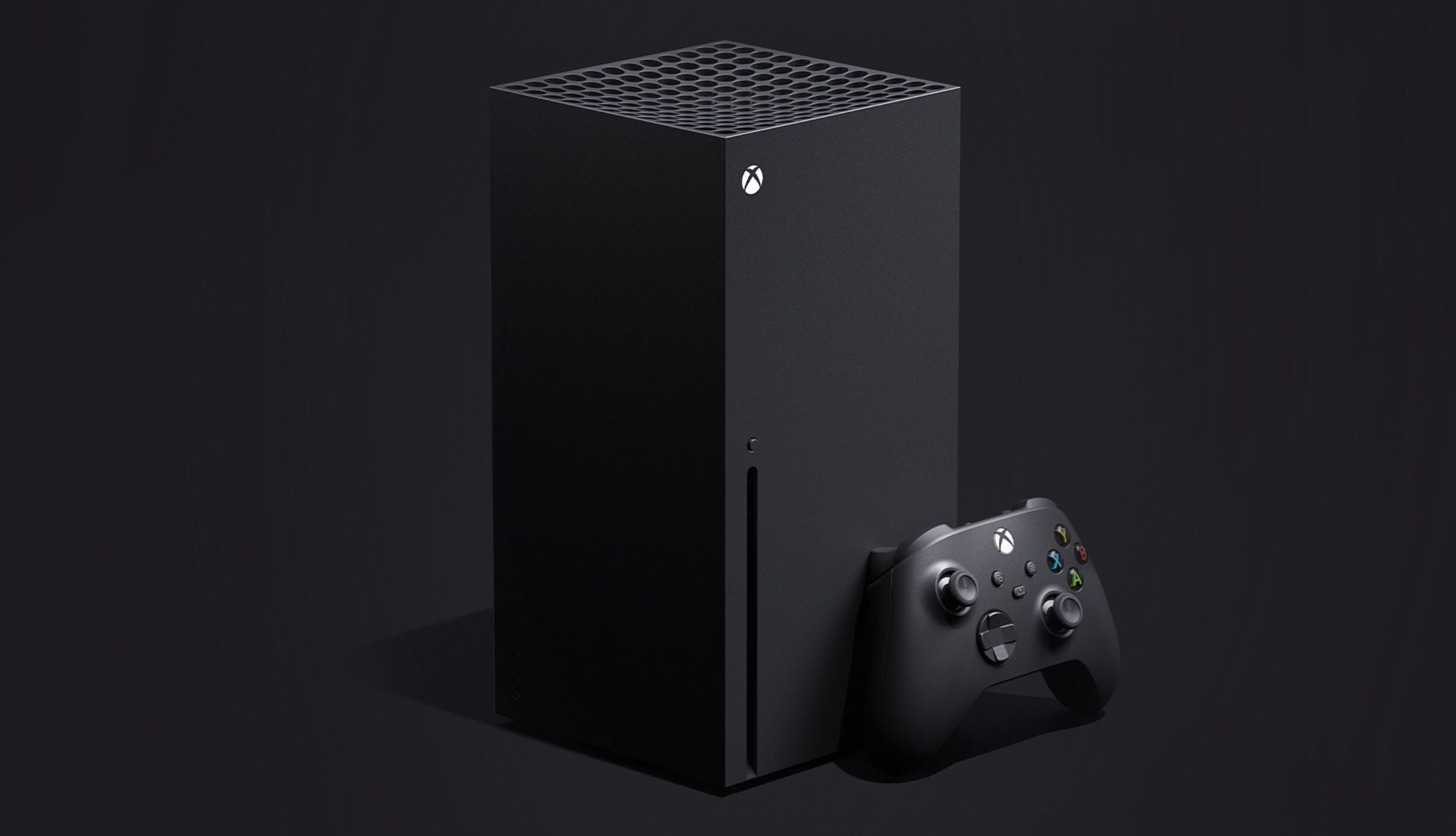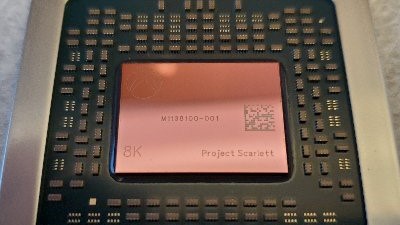Xbox Series X full specs revealed – just how powerful is Microsoft’s next-gen console?
Microsoft spills the beans

Microsoft has just revealed the Xbox Series X specifications in full, leaving no one in doubt about how powerful its next-generation games console will be.
The folks over at Eurogamer’s Digital Foundry got a close look at the hardware, and alongside Microsoft have announced the hardware that will be powering the Xbox Series X.
According to Digital Foundry, which certainly knows its hardware, the specs confirm that the Xbox Series X will indeed be twice as powerful as the Xbox Once X… in practise.
The Xbox Series X specs in detail
Digital Foundry go into a lot of detail over the specs, but here’s the important specifications:
- CPU: 8x Zen 2 Cores at 3.8GHz (3.6GHz with SMT) 7nm
- GPU: 12 TFLOPs, 52 CUs at 1.825GHz, Custom RDNA 2
- Memory: 16GB GDDR6
- Storage: 1TB custom NVMe SSD
- Optical drive: 4K UHD Blu-ray
There’s a lot of jargon thrown around in the Digital Foundry article (and at times it sounds almost like a press release straight from Microsoft), so let’s break down those core specifications and look at what that means.
We’ll also be going into these specs in a lot more depth in an upcoming article.

Xbox Series X processor and graphics
Digital Foundry saw an unoptimized version of Gears 5 running on the Xbox Series X running at the equivalent of ‘Ultra’ graphics settings on PC, and it comes with enhanced shadows and ray tracing. Where the cut scenes ran at 30FPS on the Xbox One X, Digital Foundry reported that on the Xbox Series X, it runs at a ‘flawless’ 60FPS. Also, this is an early port – on release we should see even better results.
Sign up for breaking news, reviews, opinion, top tech deals, and more.
As expected, the Xbox Series X processor is built into a custom Project Scarlett SoC (System on Chip), which uses an enhanced version of TSMC’s 7nm process. That seven nanometers is important. The smaller the process, the more efficient the chip can be. That means it can provide more performance for less power.
Making sure the chip inside a games console can perform well without using lots of power (and getting hot) is incredibly important.
The processor is a customised AMD Zen 2 CPU with eight cores and 16 threads, with a peak speed of 3.8GHz, and a base speed of 3.6GHz.
As Digital Foundry reveals, these frequencies aren’t completely locked, which suggests the Xbox Series X could adjust the power of the CPU based on workload and thermals. So, if you’re playing a game that needs a lot of processing power, the Xbox Series X can give its CPU a boost, and then slow it down when you don’t need it.
Meanwhile, the GPU of the Xbox Series X is revealed at a custom design with 12 teraflops of compute performance, with 3328 shaders allocated to 52 compute units, and runs at a locked 1,825 MHz. Interestingly, there’s no boost clocks for the GPU. It will always run at that speed.
It also uses AMD’s RDNA 2 architecture, and offers ray tracing for photo-realistic lighting.
What does this mean in the real world? It seems the Xbox Series X will have the graphical power acquirement to a gaming PC with an Nvidia RTX 2080 graphics card. So, a very capable device indeed, but maybe not able to compete with the most powerful gaming PCs.
System memory
The Xbox Series X also gets 16GB of GDDR6 memory – an upgrade from the Xbox One X’s 12GB GDDR5.
That won’t all be used in games, however. Games will get a total of 13.5GB – 10GB of GPU optimal memory and 3.5GB of standard memory, while the remaining 2.5GB is reserved for the operating system.
The faster GDDR6 memory should also offer a big leap in performance. Match that with a super-fast NVMe SSD, and the Xbox Series X should feel very spritely when used.
There’s still a lot of questions over what kind of performance we can expect from the Xbox Series X, but this is by far the best look at the hardware we’ve seen. Meanwhile, Sony has been very quiet on the hardware powering the PS5. Now that Microsoft has revealed its hand (which suggests the company is very confident), Sony has to reveal more soon.
The whole Digital Foundry article is worth digging into, and look out for our own analysis on the specs soon.
- These are the best Xbox One games

Matt is TechRadar's Managing Editor for Core Tech, looking after computing and mobile technology. Having written for a number of publications such as PC Plus, PC Format, T3 and Linux Format, there's no aspect of technology that Matt isn't passionate about, especially computing and PC gaming. He’s personally reviewed and used most of the laptops in our best laptops guide - and since joining TechRadar in 2014, he's reviewed over 250 laptops and computing accessories personally.